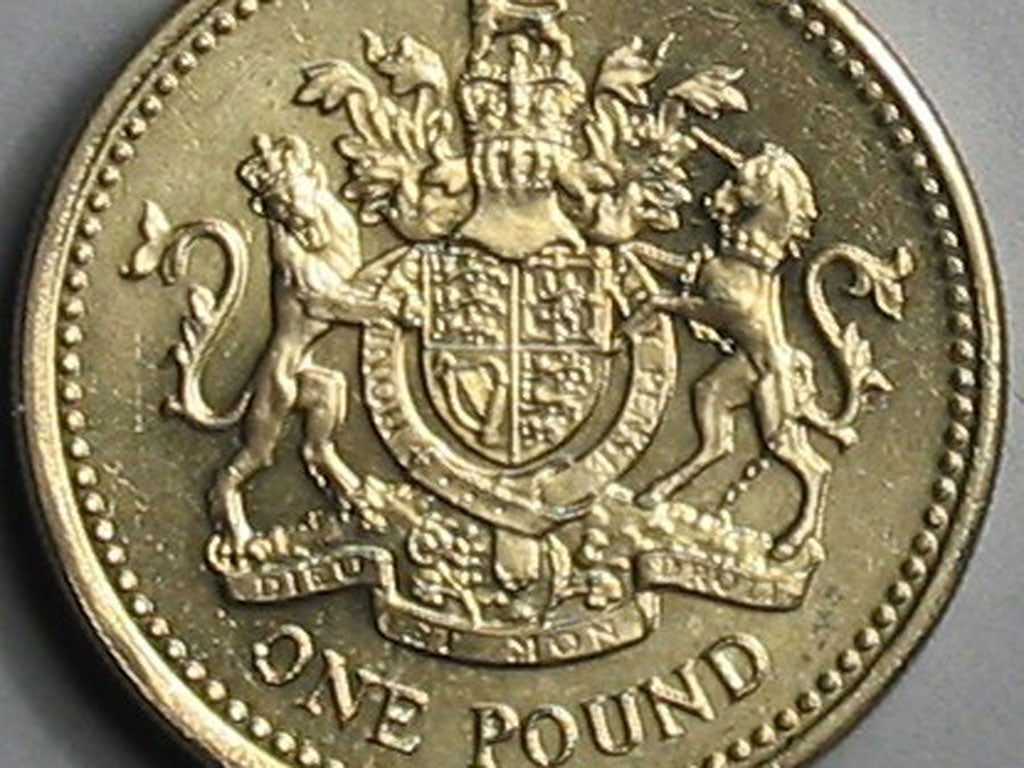Reasons to be (cautiously) cheerful about next year
The world economy is still in the early stages of recovery


It is that time of year again.
The string of economic forecasts; predictions for the financial markets; assessments of policy changes; and, most recently following the Queen’s devastating question about the financial crash – “Why did no one see this coming?” – some tail-covering about things that probably won’t happen, but just might.
My own feeling about all this is that the uncertainties are so massive that forecasts will inevitably be wrong. But it is still worthwhile to pause at the end of the year and think how the main influences on the world economy are likely to unfold. To put it at its lowest, the nasty surprises will be less devastating.
The world economy is still in the early stages of a recovery, and so setbacks are quite normal. This is always a fragile point in the cycle. In the past year, we have had several disappointments, including poor growth here and in Europe, tensions in the eurozone, and a still-sluggish US recovery. But there have been encouraging signals, too, including strong growth in UK employment, some reduction of pressures on the weaker sovereign bond markets in Europe and, in the last couple of months, quite positive signs in the US economy. You could say that this year had a bad dip in the middle but things got better towards the end. If correct, then maybe this modest progress will continue through 2013.
Start with the US, where the hot current issue is the “fiscal cliff”. We will have an outcome to that, though maybe not a solution, in the next few days. That will at least be the end to uncertainty. At some stage, the US has to tighten fiscal policy and the issue will be how resilient the country is in the face of the inevitable squeeze.
We are assured by Ben Bernanke that the Federal Reserve will not tighten policy for some time, perhaps two or three years. While some would welcome an ultra-easy monetary policy to offset a tighter fiscal one, this will carry its own risks. Something to look for in 2013 will be signs of the unexpected and disagreeable consequences of too lax a monetary stance. The obvious indicators would be a rise in inflation, a fall in the dollar and a sharp climb of long-term bond yields.
As far as Europe is concerned, the issues are glaringly obvious. Mario Draghi managed to impose order on bond markets by making the threat, still not carried out, that the European Central Bank might buy unlimited quantities of distressed sovereign debt provided the countries were tackling their imbalances. But the eurozone heads into the year in recession, with even mighty Germany slowing. So the scope for something to go seriously wrong, be it political, financial or economic, remains huge. The weaker economies are adjusting: costs are coming down and balance of payments gaps narrowing. But the human costs of austerity continue to mount and much of fringe Europe remains locked in recession. The best hope is another year of muddling through, but that itself is a dismal prospect.
In the emerging world, the great issue is what the new Chinese leaders will do. The country seems to have engineered the “soft landing”, however the longer-term challenge of maintaining growth now but eventually adjusting it down remains enormous. Pessimists have been repeatedly proved wrong and so the working assumption for all of us should be another year of solid growth. India, less important to the world than China but very important to the UK, will have slower growth than in the past couple of years.
Will the emerging world continue to supply the same boost to global demand as it has in recent years? This year, it contributed about two-thirds of the increase in final demand. That put a floor under commodity prices and, coupled with adverse weather, put continuing pressure on food prices. The most sensitive indicator of global demand is energy: any shading back shows in an easing back of the oil price. Assuming energy prices are stable, or better still, come back a little, there is a reasonable prospect of inflation in the developed world also shading back.
I have left the UK until last. The broad consensus is that we will pick up some pace next year. The slog of cutting the deficit remains as daunting as ever but a year of decent growth would help. Here is a totally unscientific reason for expecting that: we have a new governor of the Bank of England, who as Henderson’s Simon Ward notes, may or may not be a good central banker, but has been very good at managing his career and has always been associated with success. There are rational reasons for expecting us to have a much better year, but meanwhile let’s welcome Mark Carney – and hope he has made a good career choice again.
h.mcrae@independent.co.uk

Join our commenting forum
Join thought-provoking conversations, follow other Independent readers and see their replies